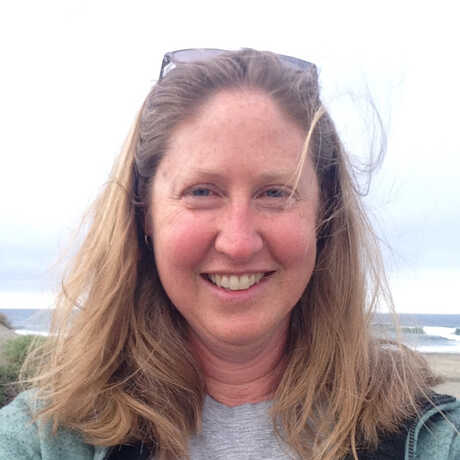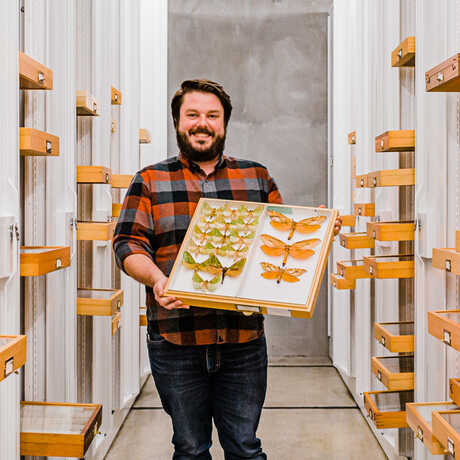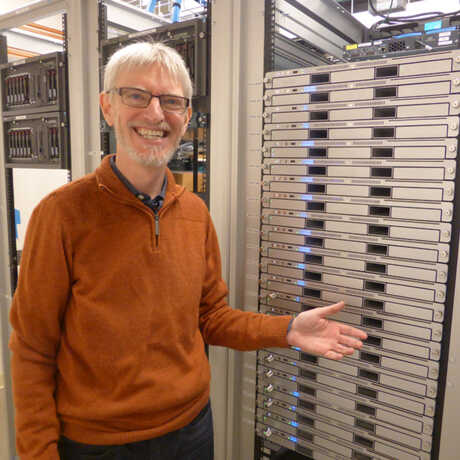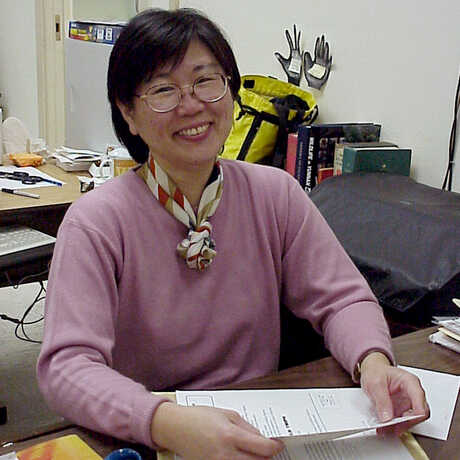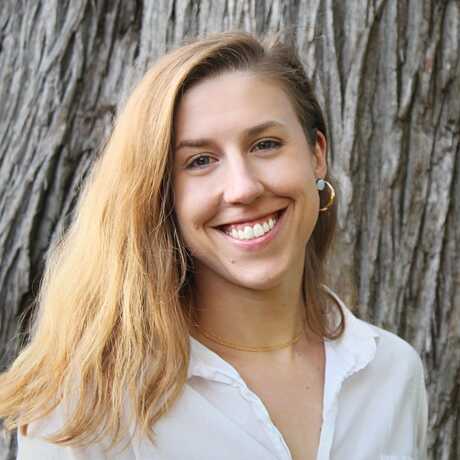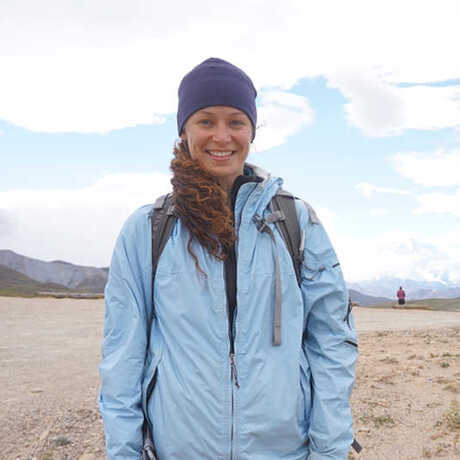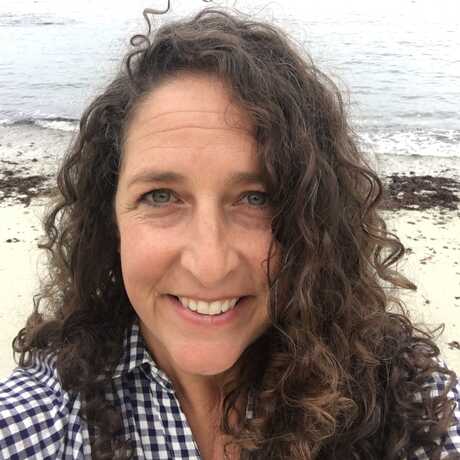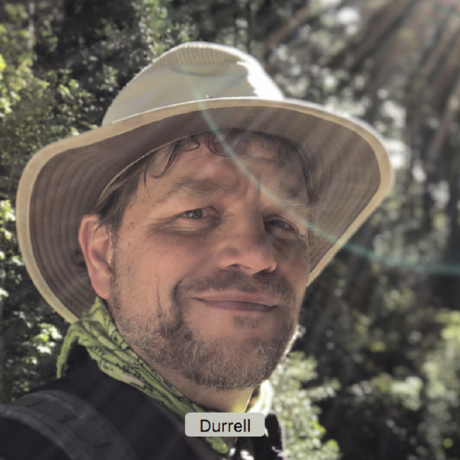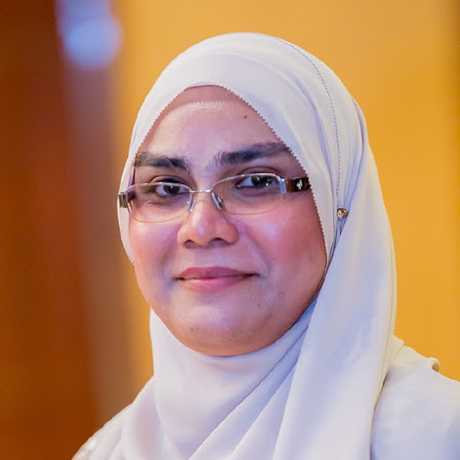Search for Academy curators, collections managers, and research staff working to answer some of the world's most pressing scientific questions.
As collection manager I'm generally responsible for all entomology and arachnology collections, but have particular research interests in the Lepidoptera. Most of my work is focused on the Southwest USA, but focus on the Pyraloidea and assorted basal lineages. I teach annually at the Lepidoptera Course in Portal, Arizona.
Avery is a postdoctoral researcher in the Center for Biodiversity and Community Science at the CalAcademy, where they leverage vast amounts of community science data to model ecological patterns across diverse landscapes. In their PhD at Stanford they studied the concerted impacts of climate change and wildfire on the geographic distribution of California tree species. Avery's research is most broadly motivated by the need to understand the biological and ethical drivers that will shape the geographic patterning of future ecosystems.
Dr. Anna Holmquist is a postdoctoral researcher in the Center for Comparative Genomics (CCG) working on a multi-institutional project to generate a comprehensive DNA barcode reference library for all Californian insects by utilizing museum collections. Holmquist received her PhD from the University of California, Berkeley in May 2023. She is broadly interested in understanding the processes behind biodiversity formation and promoting resilience.
As a curator in the Botany Department at the California Academy of Sciences, Dr. Sarah Jacobs is part of a core team of scientists that collectively curates the Academy’s collection of over 2.3 million herbarium specimens. As the Howell Chair of Western North American Botany, she is particularly focused on guiding and shaping the collection of Western North American plants, ensuring their preservation, growth, and relevance into the future.
I direct the Center for Biodiversity and Community Science and the Thriving California initiative at the California Academy of Sciences. For most of my academic career, I have focused on color pattern evolution and untangling the evolutionary history of nudibranchs.
To understand and help sustain our biodiverse planet, my lab at the California Academy of Sciences engages in transdisciplinary scienceto seek solutions to challenges from conservation to emerging infectious disease to forest resilience in a changing climate. I work in close collaboration with several groups at the Academy including the MicroLife lab as well as Entomology, the Center for Comparative Genomics and Ornithology and Mammalogy.
Dr. Nur Faeza Abu Kassim is a medical entomologist that specializing in mosquito role of transmitting mosquito-borne diseases. Her work focuses on the biology, ecology, genetics and control of vector mosquitoes. The main research interest is on vector mosquitoes and its role/relation into epidemiology of disease transmission, mosquito-microbiome and novel mosquito control strategies such as sugar bait technology and odor mediated nectar-foraging for mosquito-borne diseases particularly from flavivirus group.
